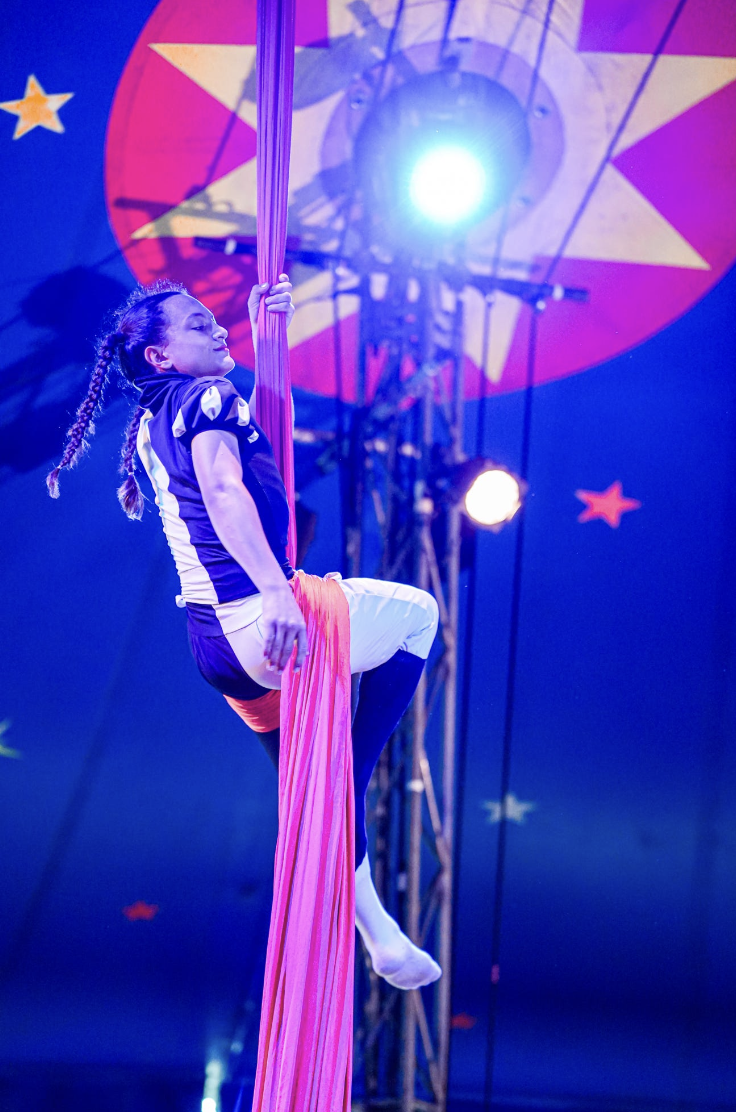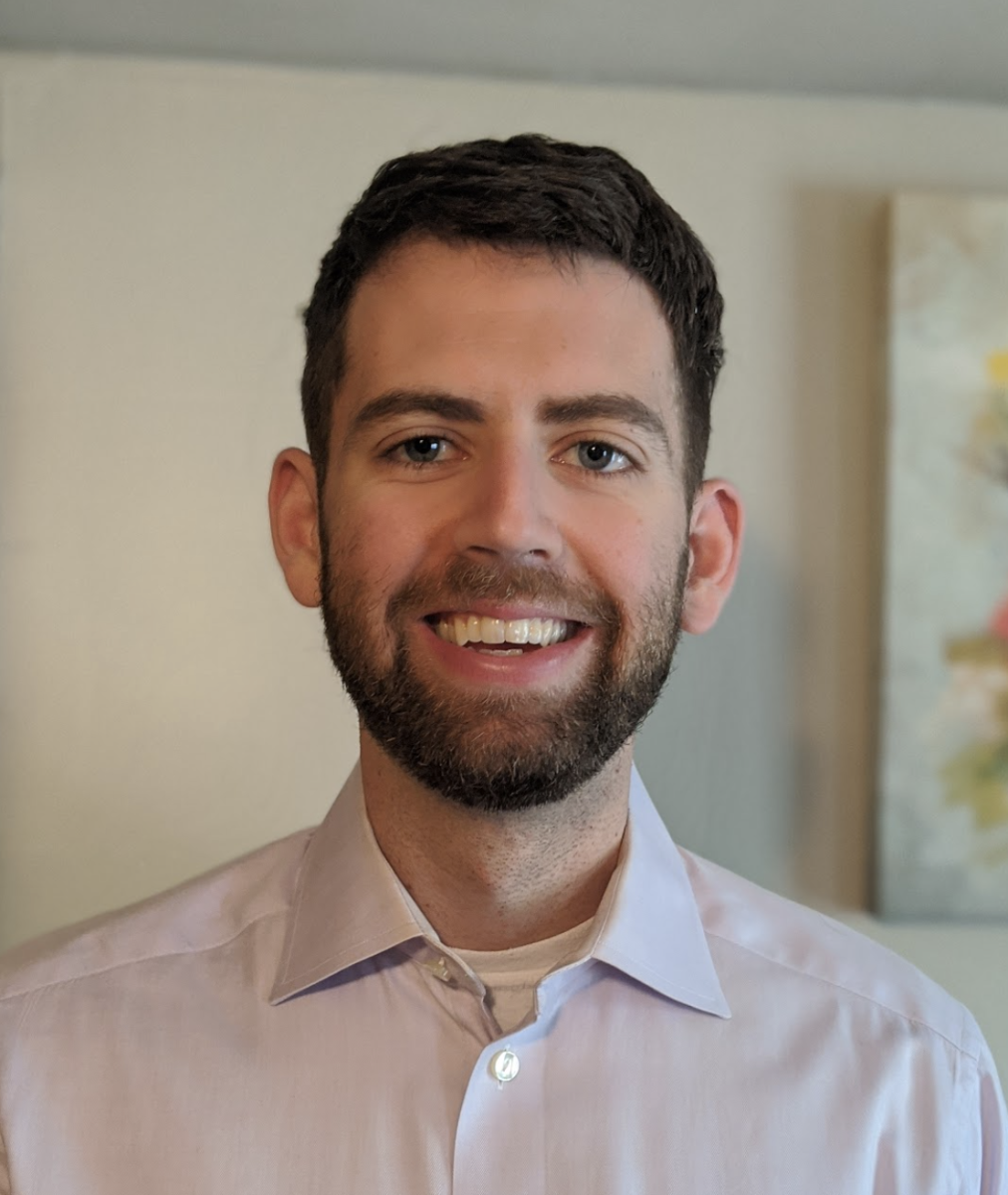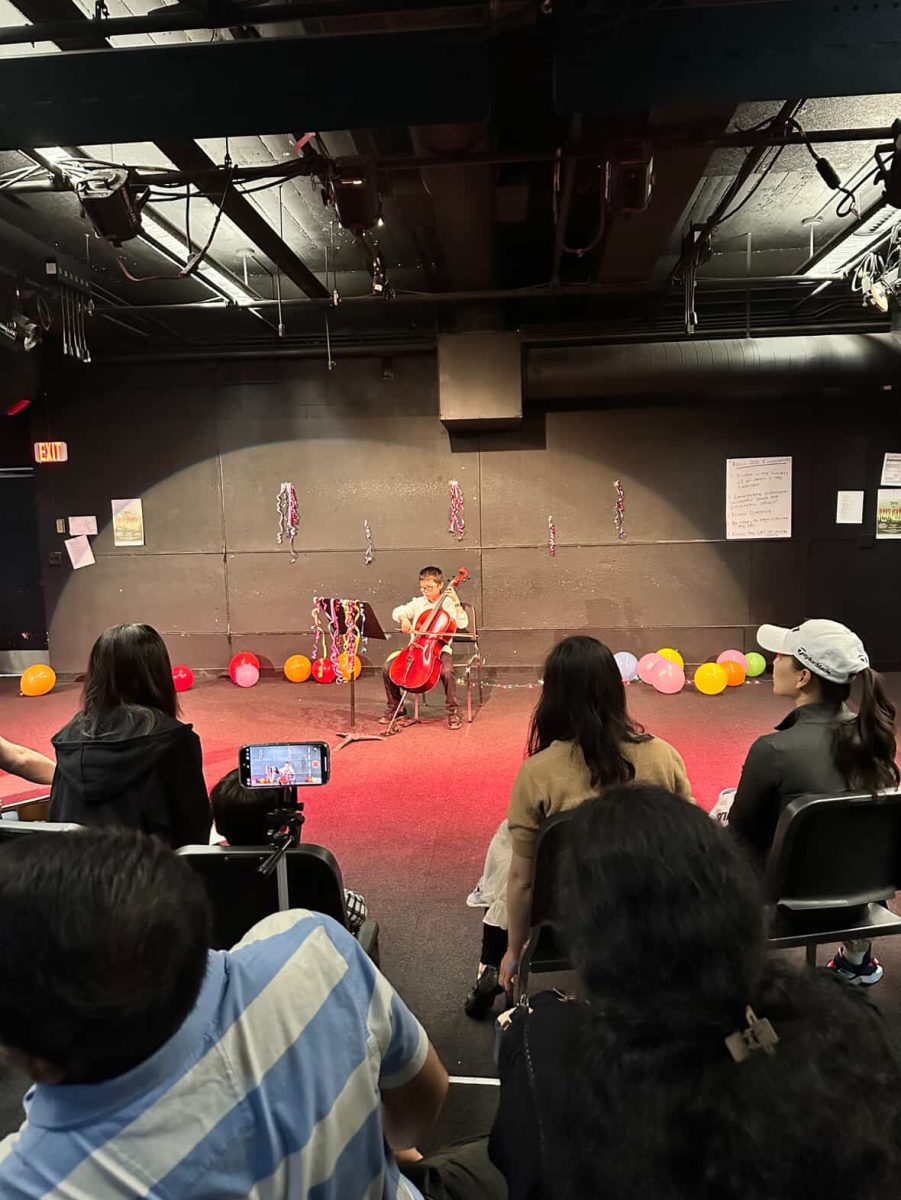Lexington High School juniors Joshua Agarwal, Eliza Epstein, and Finn Kilgore have emerged as winners of this year’s Lyric First Page Playwriting Festival, a competitive event that celebrates playwriting. Hosted by the Lyric Stage Company of Boston, the event invites students from the Greater Boston area to submit ten-minute plays. A select few submissions are then chosen and presented by professional actors at the festival.
All three students’ interest in playwriting stemmed from early exposure to theatre arts, whether performing in elementary school productions, attending acting summer camps, or working backstage. Their interests deepened in high school, as they were introduced to more structured playwriting opportunities.
For instance, all students worked on finding their creative voices in Playwriting and Directing, a semester-long course taught by Jillian Singer-Wong that teaches students to both develop their narratives in the form of plays and master the art of directing.
“I started being [more] interested in playwriting [in] my sophomore year because I took the playwriting class. It was really cool. We got to do a field trip to a play festival. So that’s where I started writing short plays,” Epstein said.
The three winning pieces differed greatly from one another.
Epstein’s work delved into the dynamics between various groups in high school. She based her play on her own experience in a school math classroom, with actors playing herself, an incompetent math teacher, and a group of uninterested boys. She creates a world balancing these three spheres, emphasizing the tension between their connections and their contrasts. This theme is evoked in the title of her play, “Triangles.”
Kilgore used a more fictional approach to his play. The post-apocalyptic setting of his work and the immediate blackout his characters find themselves in create a mood of uncertainty that persists from beginning to end. The play focuses primarily on the relationships between characters and their constant state of ignorance.
Agarwal, on the other hand, opted for a different approach. Through his play, Agarwal digs deeper into the meaning of words and scripts used in theater and the ways actors analyze them before acting them out.
The development of each creative work involved overcoming some unique challenges.
For Epstein, the obstacle posed was reworking her play to honor the truth of what originally happened while also modifying the plot to integrate new storylines.
“I started with [the] dialogue that I had [heard]. And it was more like a character, or an archetype of a character, rather than a plot, so I had to figure out how I could make that dialogue into a story,” Epstein said.
Agarwal faced challenges generating ideas and used prompt generators to overcome this difficulty. Because he had originally written a longer play, he also contemplated whether to submit to a longer playwriting competition or ultimately focus on concision and shorten his work.
Finally, Kilgore initially struggled to incorporate believability into his play.
“My biggest challenge was actually making the characters not realistic but more believable. That they actually exist in their own world. I did that by fleshing out some details about [the characters], [adding] a little bit of their backstory or some fun quirks about them,” Kilgore said.
All three winners used feedback to improve their writing, whether it was through peer reviews or constructive criticism from teachers. Regardless, they all agreed that the lessons learned during the Playwriting and Directing course led them to become more confident in their playwriting abilities.
Upon receiving the news of their award, each winning playwright is allowed to make final edits to their play. Epstein decided to experiment more with the unconventionality and diversity of her characters.
“It’s important to break archetypes and add in aspects that might surprise audiences,” Epstein said.
Agarwal focused his revisions on ensuring that his play’s dialogue was not isolated from the audience.
“[I tried to] make sure that the audience is included, because otherwise it feels like eavesdropping instead of being involved,” Agarwal said.
The three shared advice for those hoping to participate in playwriting competitions, emphasizing the importance of persistence, self-belief, and trust in the creative process.
“If at first you don’t succeed, try, try again because… there are many opportunities,” Agarwal said. “Eventually, somebody’s going to notice your work, and somebody’s going to think,



